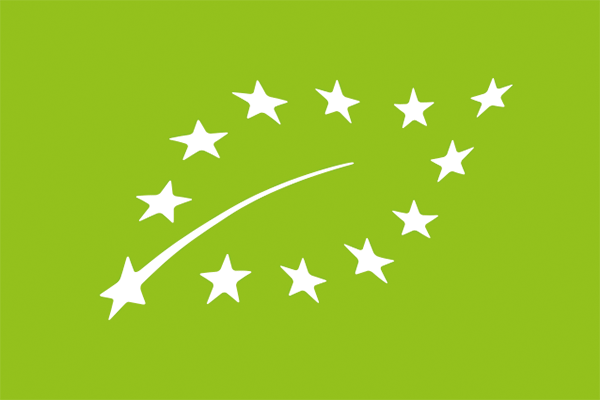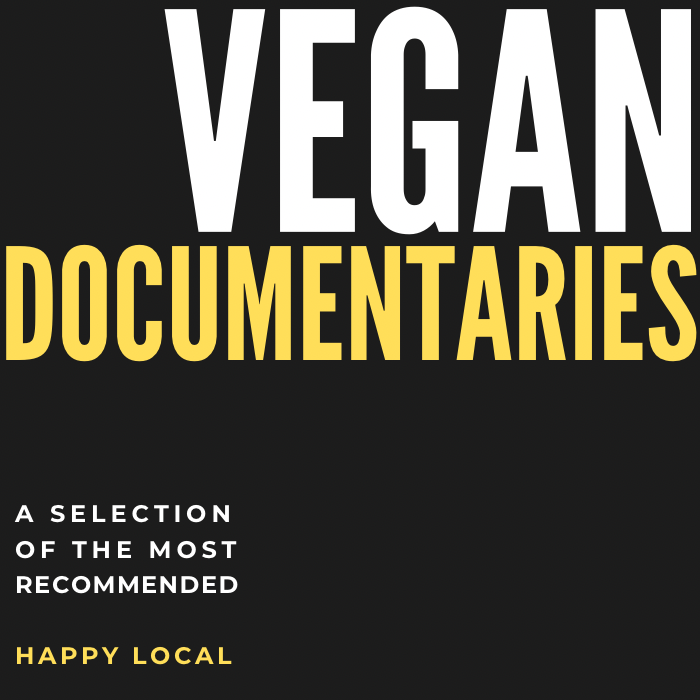What is Organic food?
According to the EU Parliament, 37.4 billion people consume organic food in the EU, with Germany (10.9 billion EUR), France (9.1 billion EUR), and Italy (3.5 billion EUR) being the top three consumers.
But what exactly does the term ‘organic’ mean?
‘Organic’ refers to the way agricultural products are grown. Unlike non-organic foods, organic foods have been grown without:
– GMO’s (genetically modified organisms)
– Artificial chemicals as Pesticides
– Artificial chemical as fertilizers
– Artificial chemical as herbicides
More and more EU countries are turning to organic farming as the demand for organic foods keeps on growing. The EU organic logo on products assures that the rules on organic products have been respected. Not only does organic farming focus on not using man made pesticides, herbicides and fertilizers, but it also focusses on raising livestock in a free-range environment and it limits livestock antibiotics. This way, the EU is implying stricter controls, prevention of contamination with pesticides, and a better supply of products and ensuring food safety.
Recents studies proof some of the widely used pesticides can increase risk of certain cancers up to 96%.
Whether as consumer or producer, there are many reasons to go organic. We can classify the advantages in 4 general groups.
1. Better production
2. Better nutrition
3. Better environment
4. Better life
Organic Food vs Non-organic Food
Organic farming practices may reduce pollution, protect water, reduce soil erosion and degradation. Farming without synthetic pesticides is also better for nearby birds and animals as well as people who live close to farms.
This primitive natural agricultural practice leads to having healthy food and better nutrition.
Pesticides the leading cause for health issues in relation to food
Unlike other chemicals which are used to produce a food product, Pesticides do not stay in the spot where they are sprayed. On the contrary, they are absorbed by the plant and subsequently consumed by the animals and people who eat them. This can create numerous health issues for the consumers. The International Agency for Research on Cancer (IARC) stated that several pesticides used around the world demonstrate evidence of causing cancer. According to a study from 2018, people who consume non-organic food were more susceptive to cancer risk. However, it is important to note that it can be assumed that people who buy organic food tend to lead a healthier lifestyle with a healthy diet which plays a major role in a person’s cancer risk.
Cancer is not the only disease that can be tracked back to chemicals in your food. Pesticides, which are ingested with food, transform calories into fat. If a person eats more chemicals than the body can safely expel it is stored in fat tissues. This can lead to obesity and diabetes. Thus, going back to the fact that the more chemicals are induced the more it can be detrimental for your health.
The EU plan for food safety [2022]
The EU is currently focusing on using bio-pesticides to replace chemical pesticides in order to prevent diseases in plants and humans. According to the EU a ‘bio-pesticide’ is a ‘control method for organisms that cause disease, and it must be derived from nature. Usually, it will originate from another plant, an insect or a microbial, such as a bacterium/virus’. An example would be using black pepper, which can be found in nature, to repel pests or stunt their growth, without killing them.
A product that is not labeled ‘organic’ does not automatically mean that it isn’t healthy. The label grantees the product has been controlled.Therefore, organic food tends to cost a bit more than non-organic foods and sometimes it’s harder to find in the market.
How can we eat healthy without breaking the bank?
While organic food can be more expensive at the supermarket it can actually be cheaper if you buy it directly from the farmers. Not only, are you helping local farmers but you’re also making sure you’re eating foods with less chemicals and environmental footprints. which is beneficial for your health and sustainability of our planet. Organic animal products like eggs, poultry, beef, and milk, are even more exposed to chemicals than plants. So, if you’re shopping on a budget, go to your local farm and get your produce right from the source. Local products has a better food transparency since it’s easier to find out how food was grown and made.
You can also find a wide range of local organic products such as our weekly basket of seasonal bio vegetables even without plastic packaging. Farm to fork strategy sometimes allows to offer better prices for seasonal local. Therefore, our competitive prices are sometimes even better than conventional choices or even than those import from countries where production costs are lower since none of our products are long-distance transported, neither has been stored in cold-chain storages.
Choosing seasonal organic ingredients helps to maintains biological diversity and requires less energy as well.






